Hey, today we’re talking about Aussies and their dialect! “Aussie” in Australian English means a citizen of Australia. And we will learn more about this dialect!
Australian dialect is one of the eight dialects of English, such as British, American, Australian, Canadian, Irish, Scottish, Welsh, and New Zealand English. It is said that Australian English is one of the hardest, because there are different peculiar words. In fact, partly it is correct, Australian English is so similar to British English, but Australians commonly use their own dialectal words. But do not worry, grammar, spelling, punctuation and the majority of the vocabulary are the same as in the standard British English! There are just some phonetic and lexical differences between them.
Phonetics:
- The sound /ɪ/ in closed syllables (like in the words hit, tip, sick) is pronounced longer in Australian than in British English. This sound is short itself, but it is pronounced a bit longer.
- In British English, the letter “a” in closed syllables is pronounced as /ӕ/, (e.g. a cat /kӕt/). In Australian English, it is pronounced as /e/, (e.g. a cat /ket/).
- In Australian English a diphthong /eɪ/ sounds similar to /aɪ/. For example, the word “mate” in Australian sounds like “mite”.
Lexis:
- Australians like to shorten words, so they add the ending “-ie” to different nouns, like in the word we have already mentioned “Aussie”. The other examples can be: “a breakfast - a brekkie, a chocolate - a chokkie, sunglasses - sunnies”.
- To shorten a word, Australians usually add the ending “-o”. For instance: “a service station - a servo, a musician - a muso”.
- Australians like to add the word “mate” while communicating. It is a bit similar to American “dude”. Note down, that “mate” is used just in informal communication.
Well, there are also different “Australian” words, which are commonly used. Check them in the table below and try to learn if you’re going to Australia soon!
Table 1. Australian English
| Australian | British |
| a bloke | a person/a man |
| a cobber | a friend |
| a sanger | a sandwich |
| an arvo | midday |
| a rort | a party |
| Ta! | Thanks! |
| Recon! | Absolutely! |
| She’s apples! | It’s fine! |
| True blue! | Real thing! |
| Good on ya! | Well done! |
To conclude, we have learnt about some main differences between Australian and British English. There are not a lot of them, but be sure, understanding Australian speech for the first time is not that easy, so it is good to know such differences!
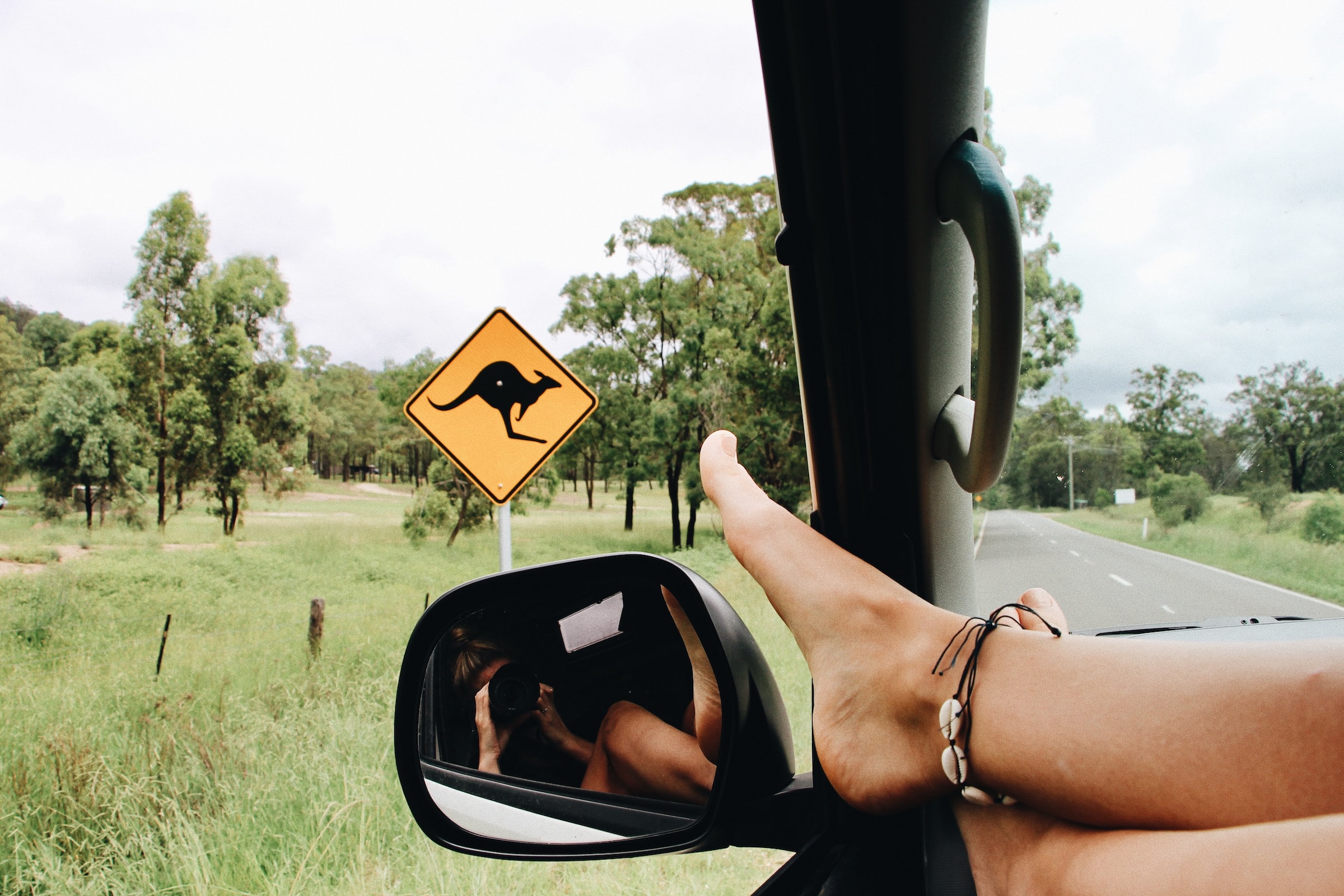
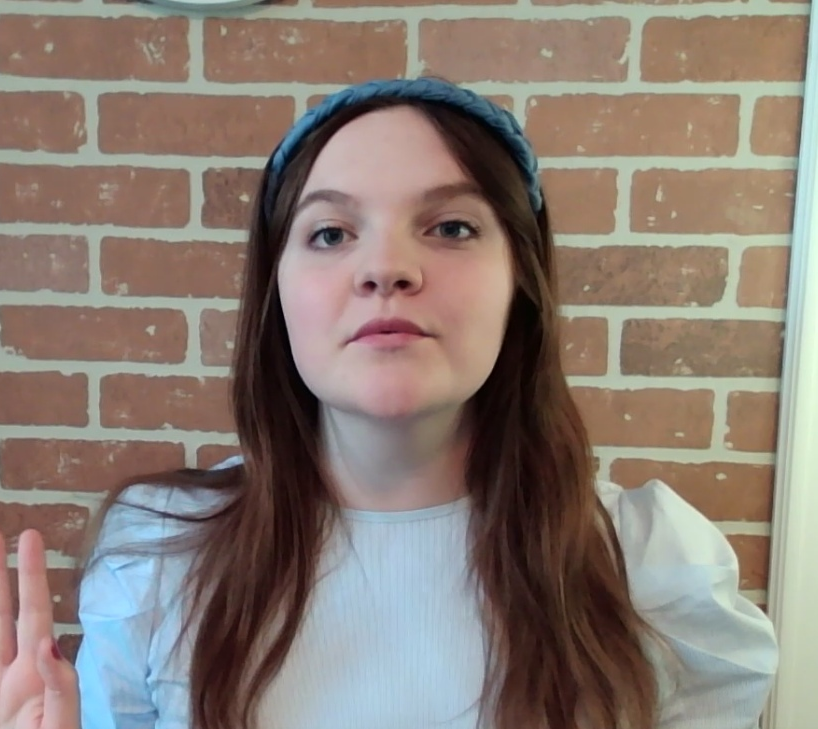

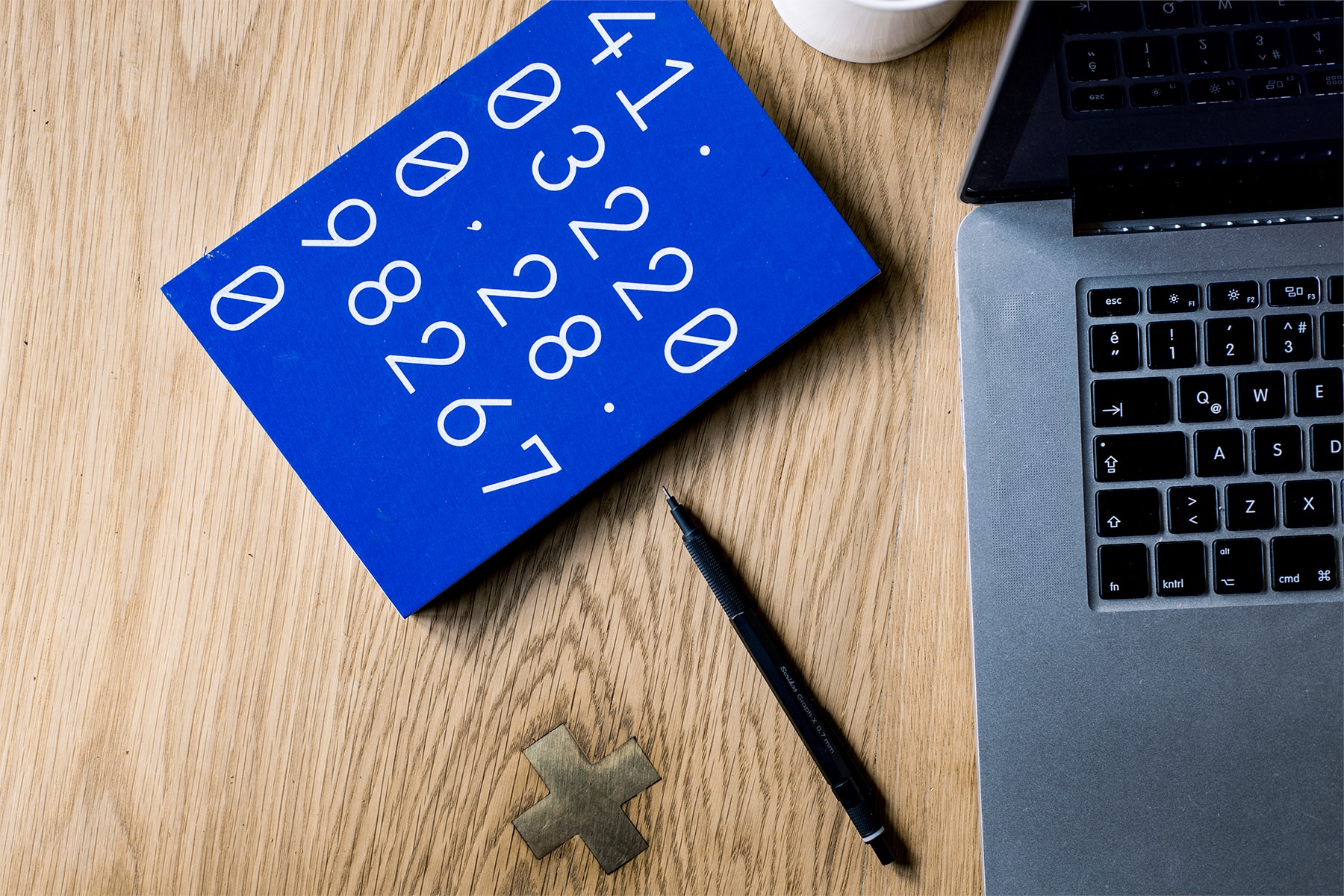
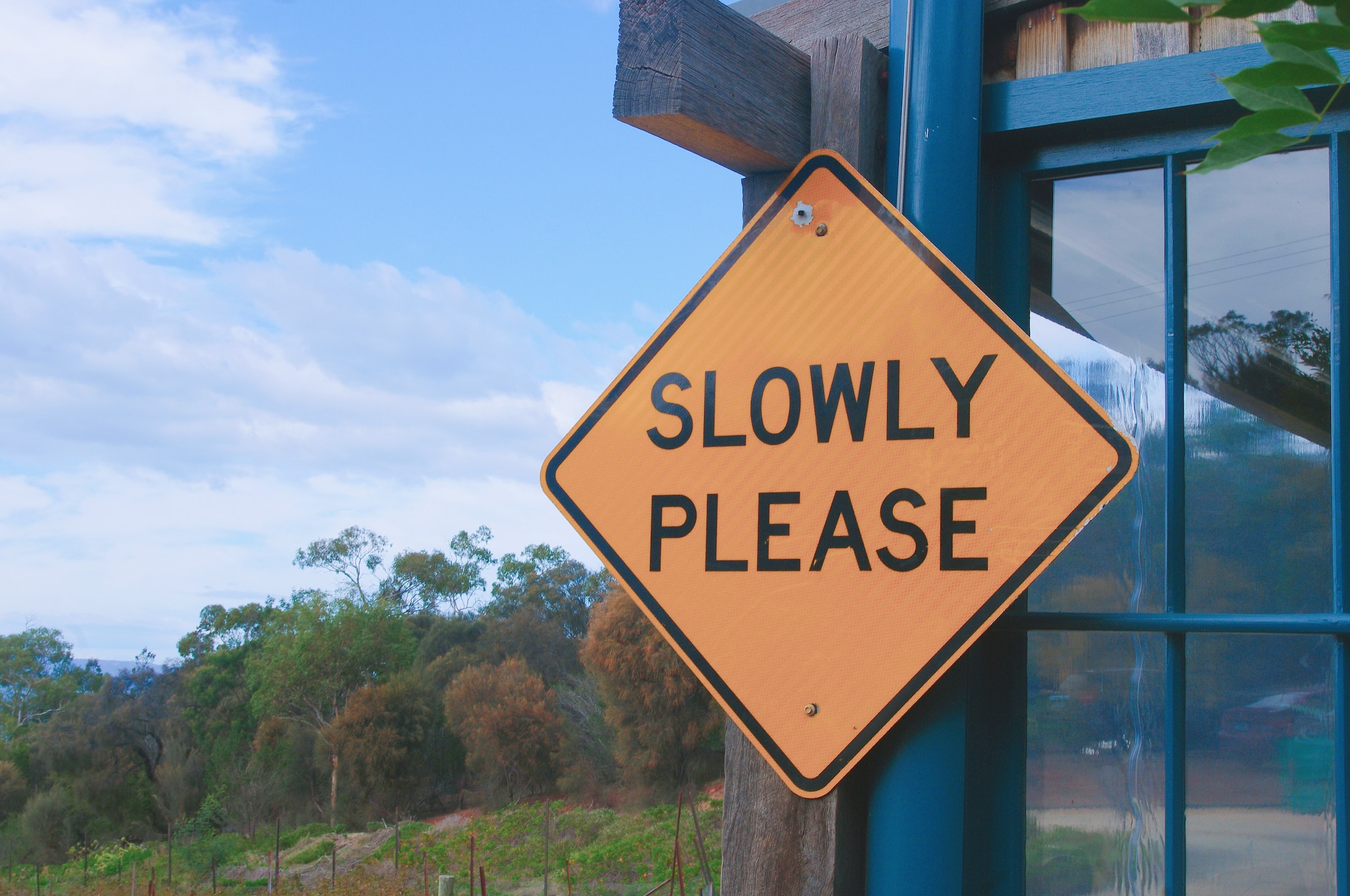
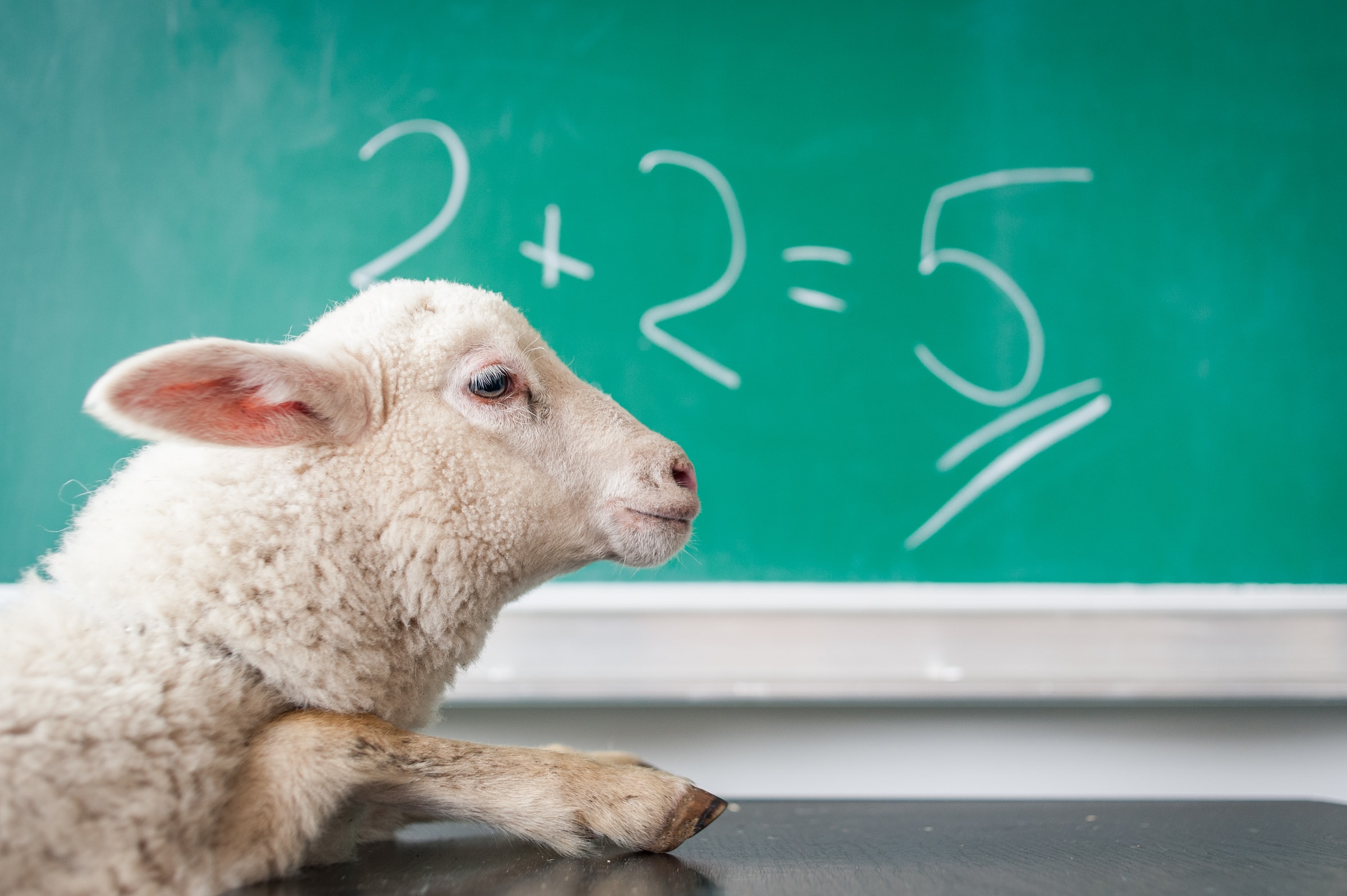




Comments (0)